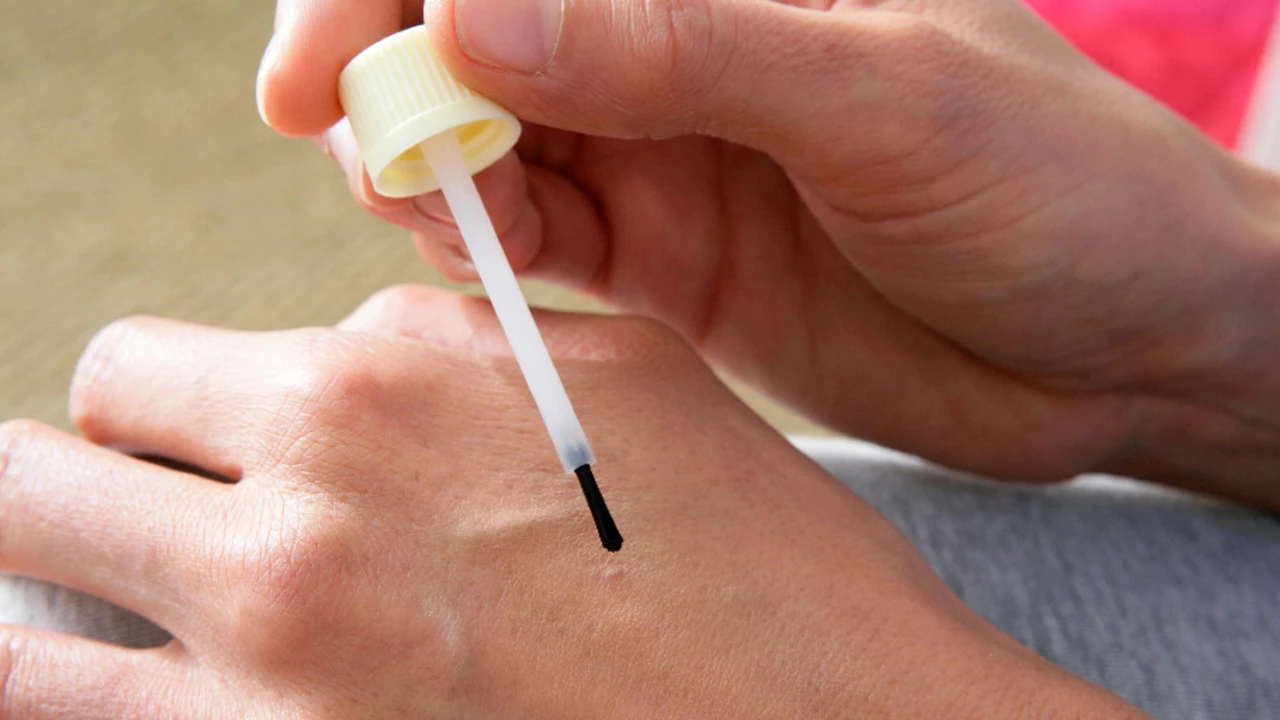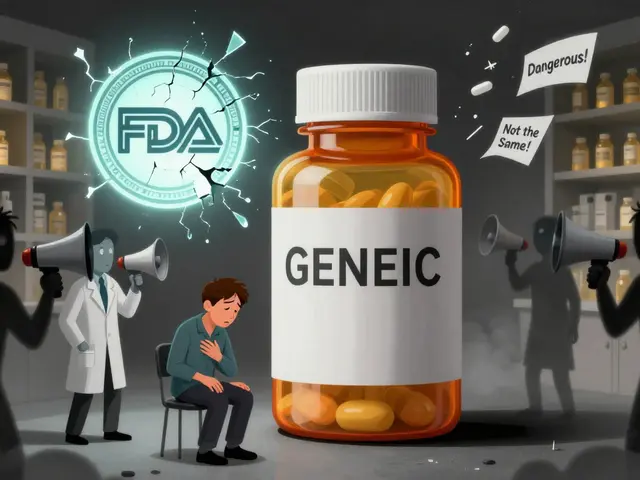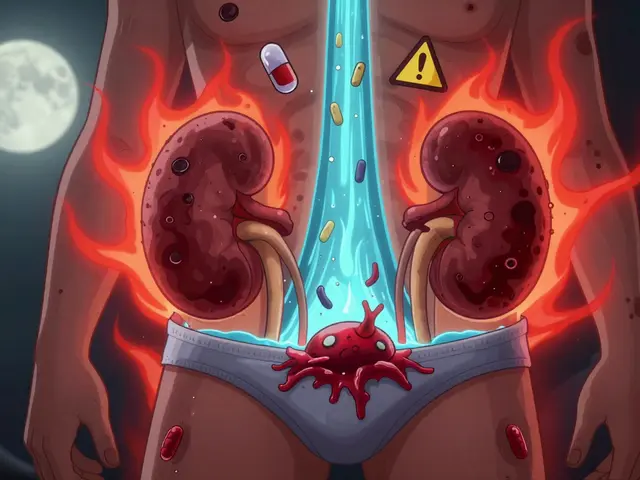Treating Warts: Practical Ways That Work
Warts are common skin growths caused by the human papillomavirus. They can be ugly, itchy, or painful depending on where they are. The good news: many warts go away on their own, but you don't have to wait if they bother you.
Different kinds of warts respond differently to treatment. Common warts usually appear on hands and are rough. Plantar warts show on feet and can hurt when you walk. Flat warts are smaller and may appear in clusters on the face or legs. Genital warts need a clinician’s care and should not be treated with home kits.
Start with simple over the counter options. Salicylic acid is the most proven home treatment. Apply daily after softening the skin with warm water or a soak, file the dead surface gently, then reapply the acid patch or gel. Expect slow progress: it can take weeks, so keep at it.
Home cryotherapy kits freeze small warts and may work for some types. Follow the instructions and avoid sensitive areas like the face or genitals. These kits use much lower freezing temperatures than clinic liquid nitrogen, so results vary.
See a doctor if the wart is large, painful, returns quickly, or is on the face, genitals, or near nails. Also see a clinician if you have diabetes or a weak immune system. A professional will offer stronger, faster options.
Clinic treatments include liquid nitrogen freezing, which pops the wart off in a few sessions. Curettage removes the wart with scraping and may be combined with freezing. Chemical peels or stronger acids work for stubborn clusters. Laser therapy is an option for hard cases, though it can be costly and cause scarring.
You might read about duct tape or apple cider vinegar. Some people find duct tape helps by irritating the area repeatedly, but studies show mixed results. Vinegar can burn normal skin. Be careful and stop any home method that causes significant pain or raw skin.
Preventing new warts matters. Avoid picking at warts to limit spread. Wear flip flops in public showers and locker rooms. Keep feet dry and change socks regularly. Avoid sharing towels, nail clippers, or shoes until warts clear.
Special cases need special care. Children often get warts and can try safe OTC salicylic acid under guidance. Genital warts require a sexual health clinic and testing for other infections. The HPV vaccine prevents many wart-causing strains and is worth discussing with your doctor.
Quick practical tips: soften the wart before treating, be patient, protect surrounding skin, and stop if infection or severe pain appears. If you want faster results or worry about scarring, book a clinic visit. With steady care, most warts clear and stay gone.
When to See a Doctor
If a wart bleeds heavily, looks infected, or grows fast, book an appointment. If home treatments fail after three months, a clinic can offer stronger options. Pregnant people should avoid self-treatment and ask a doctor. Don't use wart creams on broken skin or near the eyes. Now.
Can Essential Oils Help in Treating Warts?
In my recent exploration, I've been researching whether essential oils can help in treating warts. It turns out that some essential oils, like tea tree and oregano, show promising results due to their antiviral properties. While they're not a guaranteed cure, many people have reported a decrease in size and number of their warts after consistent application. However, it's important to remember that essential oils should always be diluted before use to avoid skin irritation. Consultation with a healthcare professional is also recommended for proper guidance.






